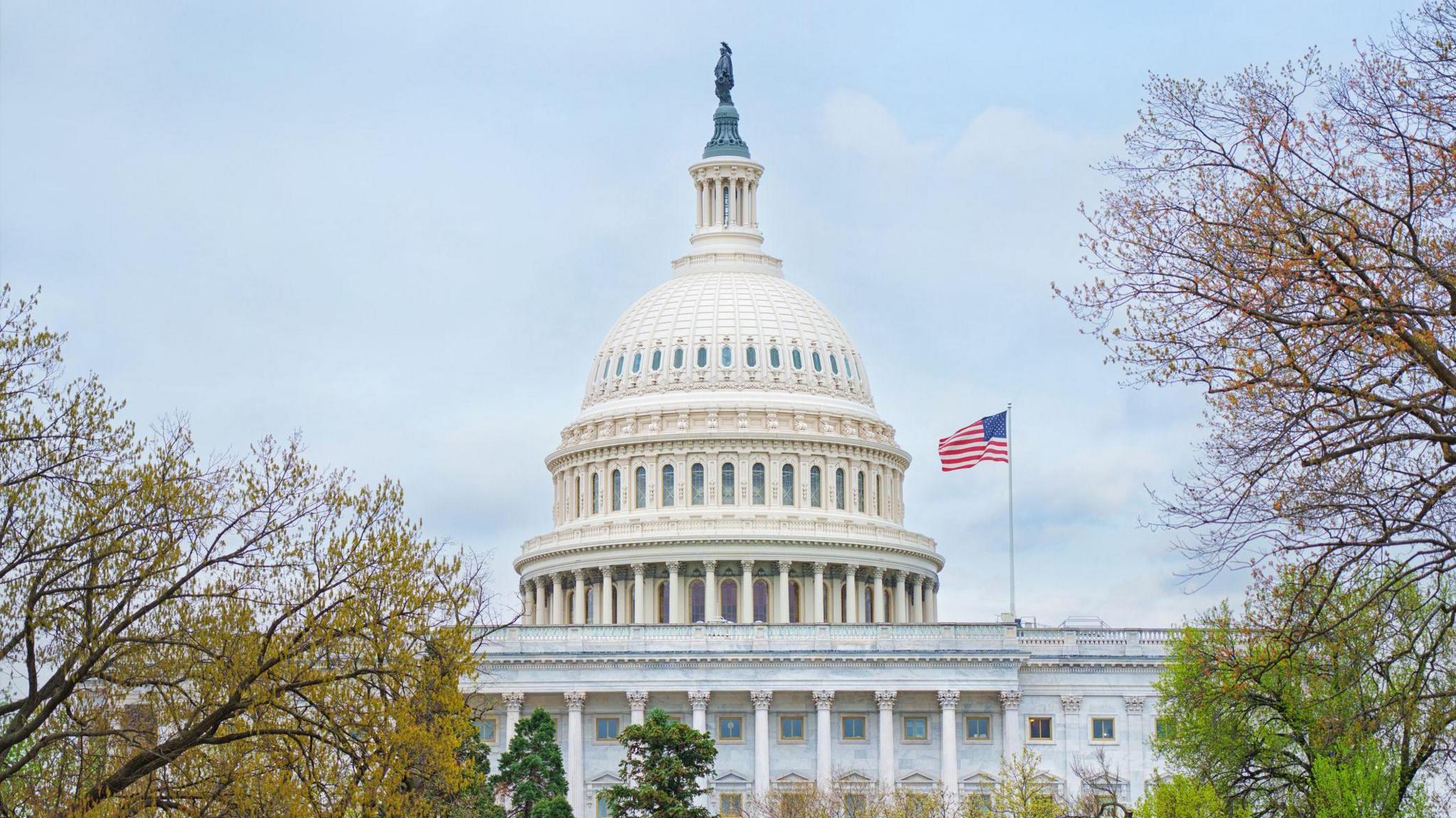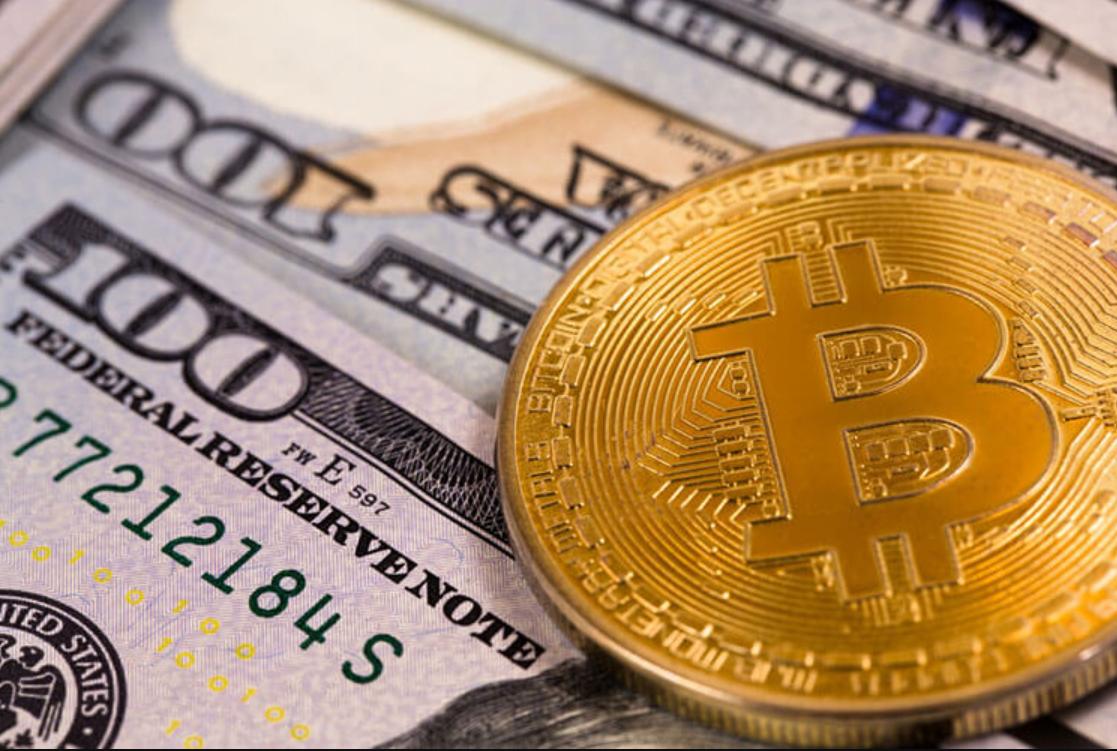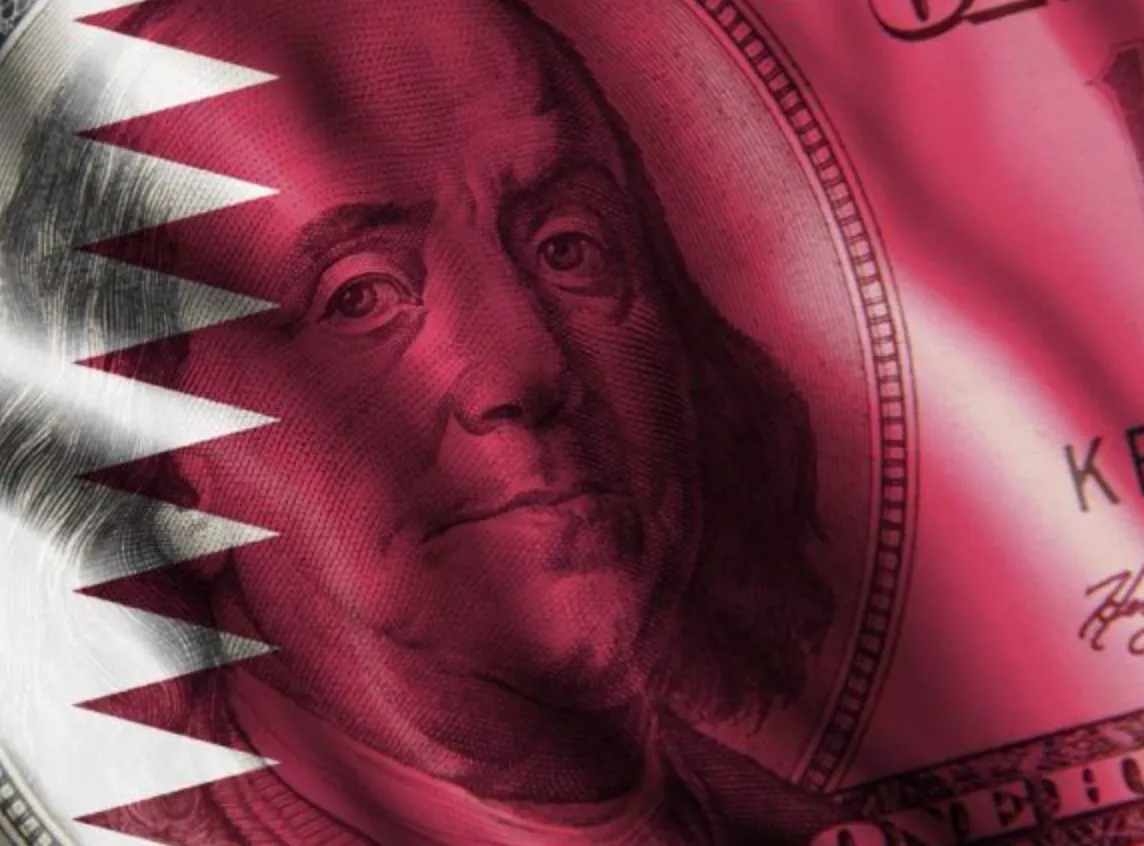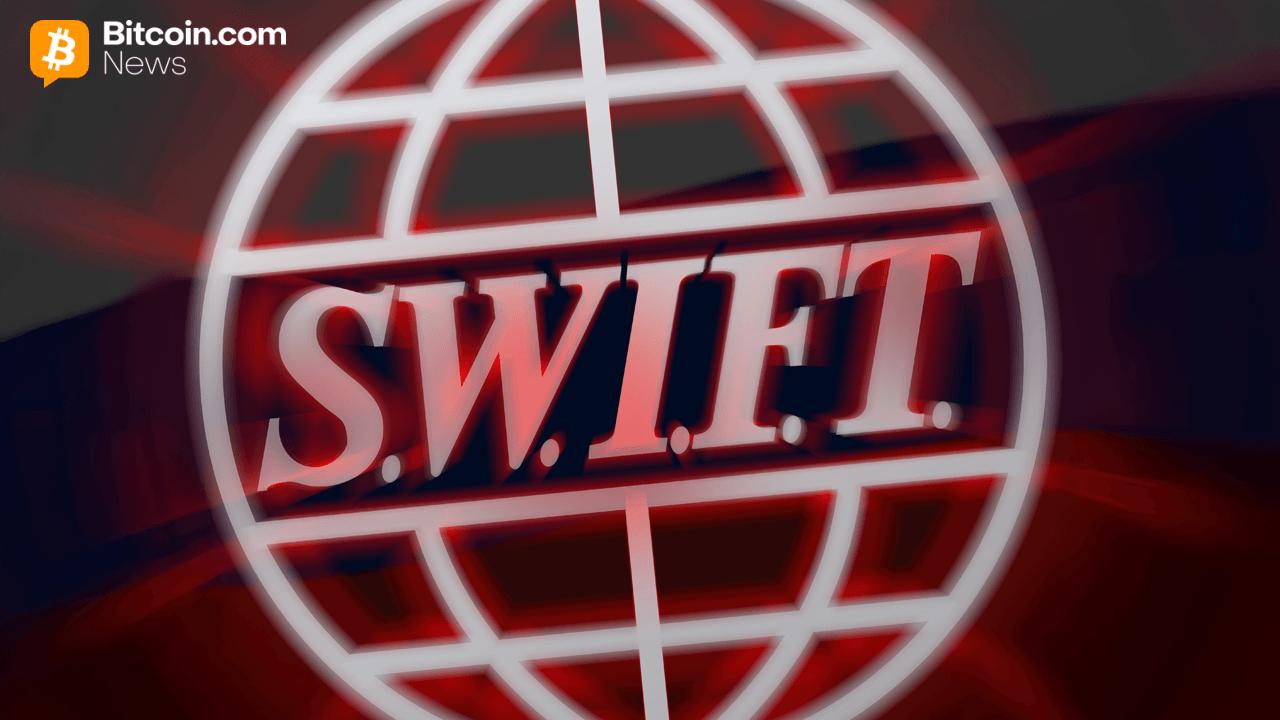Unveiling the U.S. Bitcoin Strategic Reserve Plan
The concept of a Bitcoin Strategic Reserve has taken center stage as U.S. Treasury Secretary Scott Bessent unveiled an intriguing plan that could fundamentally reshape America's position in the digital currency landscape. This ambitious strategy involves not purchasing bitcoin outright but rather leveraging confiscated digital assets to lay the foundation of the United States' Bitcoin Strategic Reserve. Announced through a social media post on platform X, this initiative builds upon a March executive order by President Trump, marking a significant shift toward digital asset supremacy.
The underlying strategy is remarkably clear and innovative: transform seized Bitcoin into a key component of the national reserve while maintaining fiscal responsibility. Bessent emphasized this bold move while affirming the government's commitment to cease selling such confiscated assets. The primary objective is to fortify America's position as a potential bitcoin superpower without incurring additional costs for taxpayers, creating what officials describe as a completely budget-neutral approach to building strategic digital reserves.
This groundbreaking announcement sparked an immediate and widespread flurry of reactions among cryptocurrency enthusiasts and policy experts alike. The notion of constructing the reserve from confiscated Bitcoins resonates strongly with advocates who see it as a clever, budget-neutral approach that demonstrates fiscal prudence while advancing technological leadership. The pursuit of this initiative dovetails perfectly with Trump's comprehensive executive order, which specifically mandates developing innovative strategies to bolster U.S. BTC holdings without straining the nation's budget or burdening American taxpayers.
Amidst the growing excitement and debate, cryptocurrency supporters have proposed diverse and creative methods to achieve this ambitious fiscal neutrality. Suggestions range from exploring bitcoin bonds and strategic asset swaps to the calculated sale of gold reserves or leveraging surpluses from the Federal Reserve. There's eager anticipation of potential innovative financial maneuvers that don't entail new expenditures while positioning the United States as a forward-thinking leader in digital currency adoption.
Strategic Implementation and Market Impact
The intriguing world of cryptocurrency policy took a bold new turn with Treasury Secretary Scott Bessent's detailed revelation on social media platform X. The comprehensive agenda focuses not on traditional bitcoin purchases but rather on ingeniously utilizing confiscated digital assets to fuel the Bitcoin Strategic Reserve. Set against the backdrop of President Trump's March executive order, this strategy signifies a unique and unprecedented approach to transform seized BTC into a valuable national treasure.
In a remarkably candid move, Bessent highlighted not only the strategic avoidance of direct bitcoin acquisitions but also demonstrated unwavering commitment to expanding reserves while staying within strict budget constraints. This sophisticated maneuver focuses on leveraging existing available resources, effectively transforming digital confiscations into a burgeoning and valuable asset for the nation's long-term economic security.
Bessent's comprehensive announcements have generated significant buzz across the entire cryptocurrency community, drawing reactions ranging from initial skepticism to enthusiastic support. Some critics argue there's a subtle but important shift aimed at market finesse, linking his current stance to previous declarations and potential behind-the-scenes influences. Meanwhile, passionate voices advocate for direct bitcoin purchases, perceiving such an approach as cleaner, more straightforward, and potentially more effective.
Future Prospects and Innovation
The narrative surrounding America's Bitcoin Strategic Reserve extends far beyond current implementations, with future prospects remaining tantalizingly open-ended. The compelling notion of budget-neutral purchases hovers prominently on the horizon, sparking innovative ideas including selling government gold reserves or conducting strategic asset swaps to bolster the reserve seamlessly. This forward-thinking concept not only avoids additional taxpayer burdens but also positions the United States competitively within the rapidly evolving global bitcoin arena.
Enthusiasts like prominent advocate Samson Mow suggest that opportunities remain abundant for innovative acquisitions, perhaps through issuing specialized bitcoin bonds or conducting strategic government asset exchanges. The realm of possibilities appears vast and promising, with strategic moves that demonstrate fiscal prudence while establishing the United States in a competitive stance within the dynamic and ever-changing landscape of digital currencies and blockchain technology.
Conversations throughout the cryptocurrency community consistently underscore a critical consensus: the imperative for the United States to stake a meaningful claim in the rapidly evolving landscape of global cryptocurrency policy. With the strategic foundation of a comprehensive Bitcoin Strategic Reserve, America positions itself strategically and competitively in the digital currency arena, potentially becoming what officials describe as a "bitcoin world superpower" through innovative financial strategies.
The overarching sentiment among cryptocurrency advocates reflects anticipation mixed with strategic curiosity and optimism. The unfolding narrative promises to feature innovative financial strategies, reshaped global monetary policies, and America's emergence as a leader in digital asset management, all while maintaining fiscal responsibility and avoiding additional taxpayer burden through creative budget-neutral approaches.










